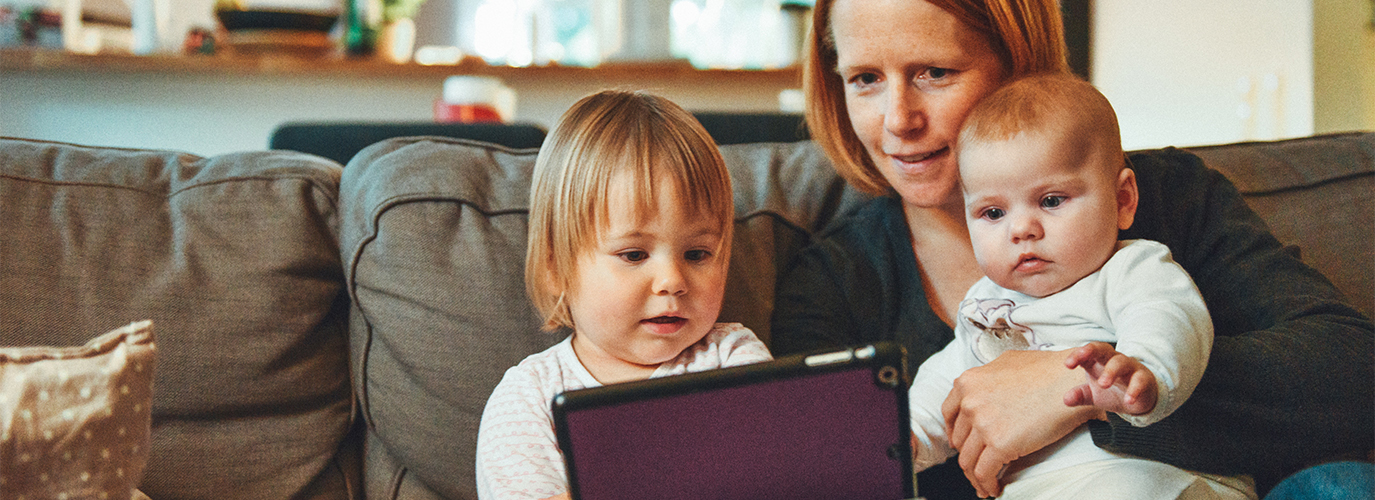Proof of Parentage No Longer Required to Acquire Canadian Citizenship
Nov 16, 2020
Fertility Law Updates: Catching Up with the Times By Marisa Vekios
Until recently, children born abroad to parents through reproductive technologies, but that are not biologically related, were not allowed to take the Canadian citizenship of their non-biological, but legal, parent. However, the recent Quebec Superior Court decision in Caron v. Attorney General of Canada, 2020 QCCS 2700 (CanLII), held that a biological connection was not necessary to prove parentage and acquire citizenship. In reaching this decision, the Quebec court relied upon a chapter written by Kelly D. Jordan and Emma White, “Family Law”, in Joanna Radbord (ed.), LGBTQ2+ Law: Practice Issues and Analysis.
As a result of the recent decision, the definition of “parent” in Canada now includes parents who are recognized as their child’s legal parent at birth but may not be biologically related. This change benefits children born abroad to same-sex couples with the use of assisted human reproduction. These couples can now pass on citizenship rights to their children, despite not being a biological parent, on the condition that one legal parent is a Canadian citizen.
In Caron, a same-sex couple had a child who was born in the Netherlands and denied Canadian citizenship. Although one of the child’s legal parents is a Canadian citizen the child was denied citizenship because the child’s biological parent was a Dutch citizen. The couple successfully fought for equality among biological parents and parents who use assisted human reproduction when granting Canadian citizenship.
A similar victory was recently obtained in the United States where the Federal Appeals Court ruled against the U.S. State Department in its efforts to deny citizenship to one of two foreign born twins of a same-sex married couple. In this case, the children were born in Canada using a surrogate. One of the twins was conceived using donor ova that was fertilized with the sperm of his father, an Israeli national, and the other twin with donor ova fertilized with the the sperm of his father who is U.S citizen. Both fathers are the legal parents of the twins, but the child who was not biologically related to the parent, who has U.S. citizenship, was denied citizenship by the State Department. After a four-year legal battle, the child was granted U.S. citizenship as it was held that it is not necessary to prove parentage if the child’s parents were married at the time of the child’s birth.
In Canada, the decision by the Quebec Superior Court is a victory for LGBTQ2+ families and parents experiencing fertility issues. It supports the need of the modern-day family and it a positive step forward to achieving equality for same-sex couples.
